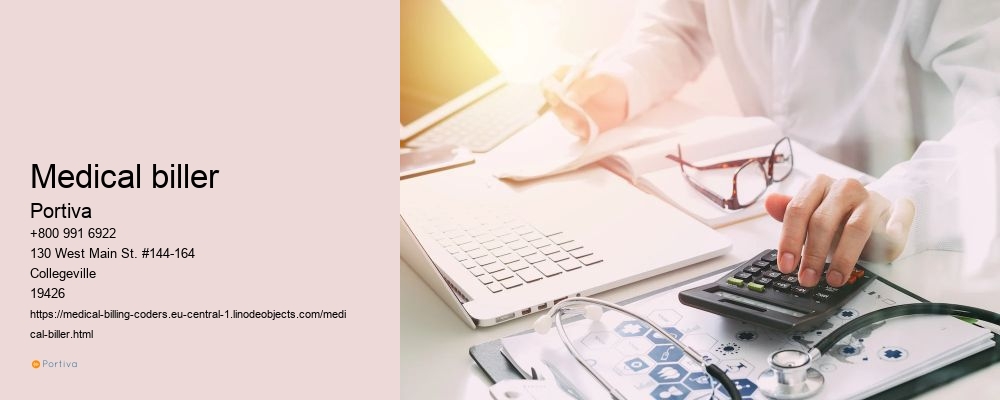
Medical billing coders are professionals who review medical records and assign codes to the various services provided by healthcare practices. These codes are used to submit claims to insurance companies for reimbursement.
Medical billing coders play a vital role in ensuring accurate claims submissions and reimbursements for healthcare practices. Without accurate coding, practices risk losing revenue or facing denial of claims from insurance companies.
Medical billing coders work closely with healthcare practices to understand their unique needs and develop customized solutions that meet their needs and budget. They provide comprehensive coding services that include coding audits, coding education, and coding support for healthcare practices.
Medical billing coders typically have a degree in health information management or a related field. They also need to be certified through organizations such as the American Health Information Management Association (AHIMA) or the American Academy of Professional Coders (AAPC). Additionally, medical billing coders need to stay up-to-date with the latest coding guidelines and regulations to ensure accuracy in their work.